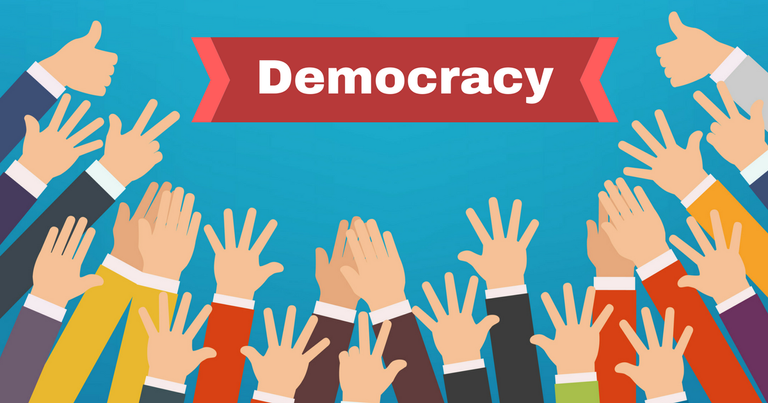Dialogue workshops on reforming the legislation regulating political life were launched as if we were starting from scratch, as if we were fighting a fierce battle to produce a “registered Jordanian brand” for political reform. Twenty years ago, a Ministry of Political Development was formed, but it did not make any real progress in this path, except for the hatching of about 50 A political party, most of which are like small grocery stores, whose main concern is waiting for government support! We can recall broad titles drawing a road map for reform and the development of political life 30 years ago, such as the “National Charter Committee” in 1990, then “Jordan First Commission” in 2002, “National Agenda Committee” in 2005, and “National Dialogue Committee” in 2011.
Between 2012 and 2017, King Abdullah II wrote seven “discussion papers”, all of which focus on democratic transformation, active citizenship and the rule of law. Emphasis on conducting political reforms, deepening the democratic approach, developing the laws of parties and elections, and consecrating the concept of the right of citizenship. The results of the work of the dialogue committees were that the coffers were filled with recommendations and proposals, and suggested reform mechanisms, but without a harvest, and no one knows where the dilemma is?
While the brain cells of the state are creative in inventing distorted recipes for reform, on the pretext that these recipes are appropriate for our society at the current stage. I was drawn to the news I read about the dialogues that started recently, the necessity for the new or amended electoral law to take into account the social structure and “Jordanian culture”! In the sense that the owners of these propositions, most of whom are current and former officials and elites benefiting from the current situation, are the ones who talk most about reforms, but they put sticks in the wheels, and in dissecting these “terms” it turns out that they mean producing special specifications for reform, especially the electoral law so that the outcomes of the electoral process are according to a specified ceiling.
It takes into account the political, demographic and clan dimensions. The model for this is the One-Voice Law, which was invented more than a quarter of a century ago, and was developed according to specifications for dwarfing political life and dividing society, so that ceilings and red lines were set, for any effective political and social force, so that its share in Parliament is limited, so as not to affect the political decision ! The solution is simple when the political will is available, and it is summed up in an election law whose broad outlines include a national list of 50%, lists at the governorate level at 30% and 20% for individual districts while maintaining the necessary quotas, and the adoption of a modern parties law, which does not allow the formation of a party with less than a number of members Five thousand people, and in such an atmosphere real political competition takes place that produces parliamentary governments.
